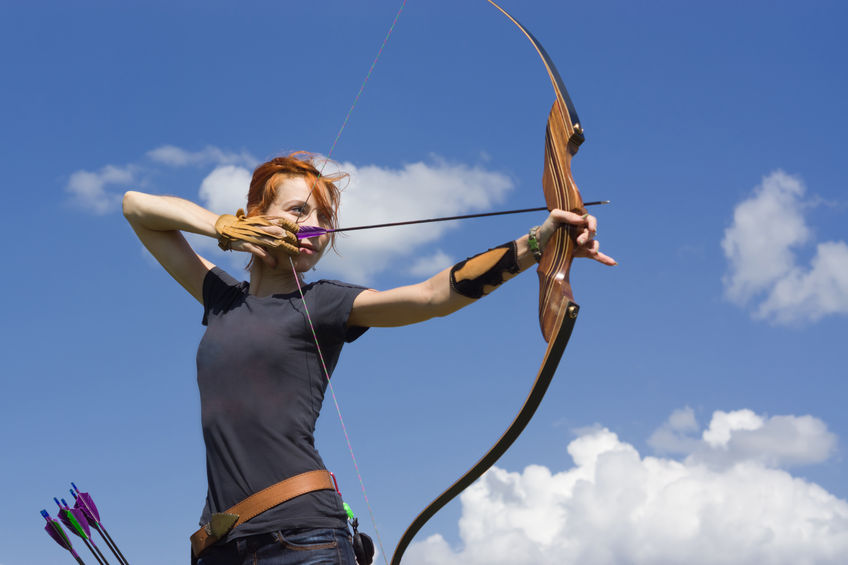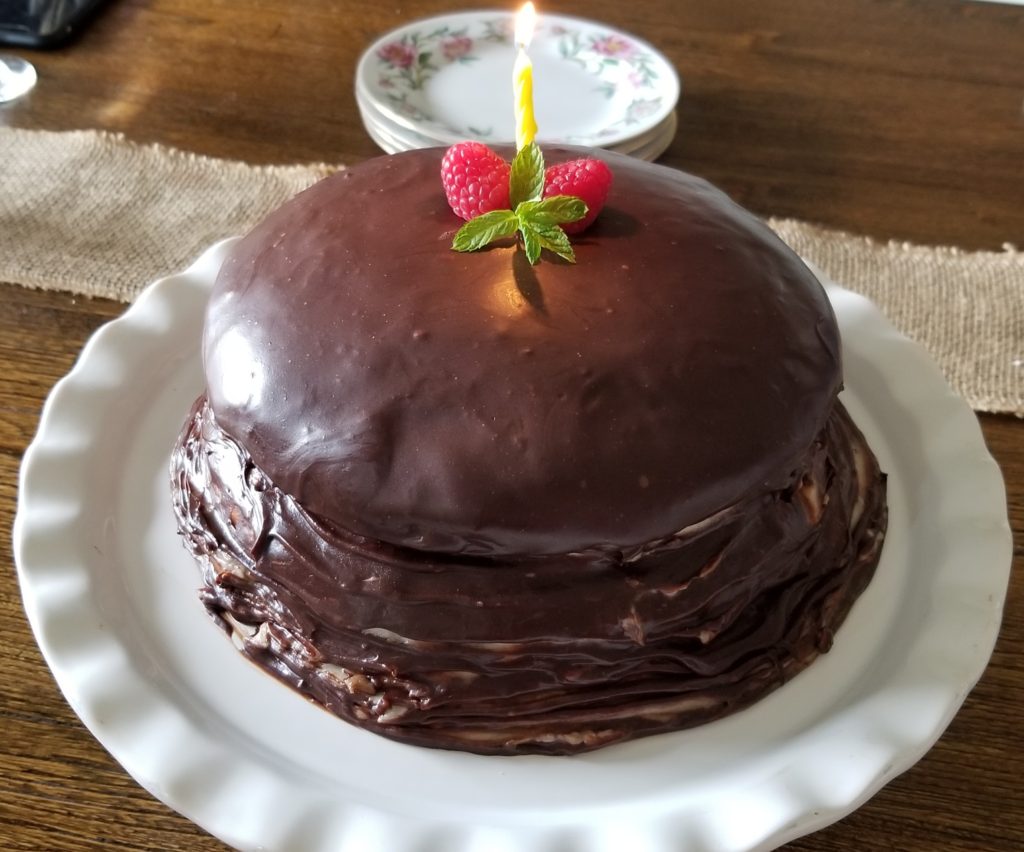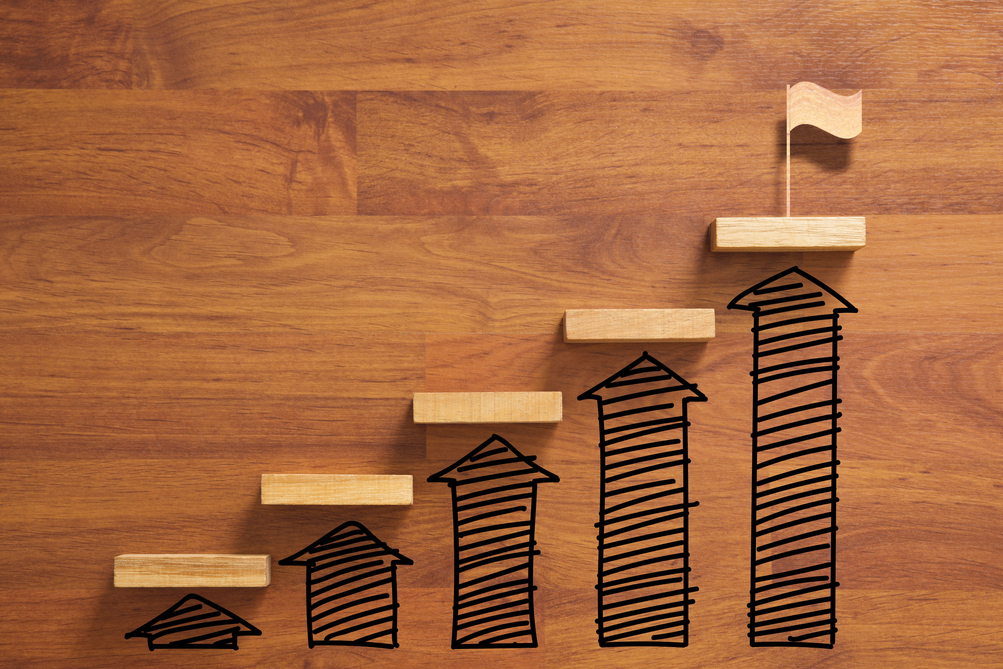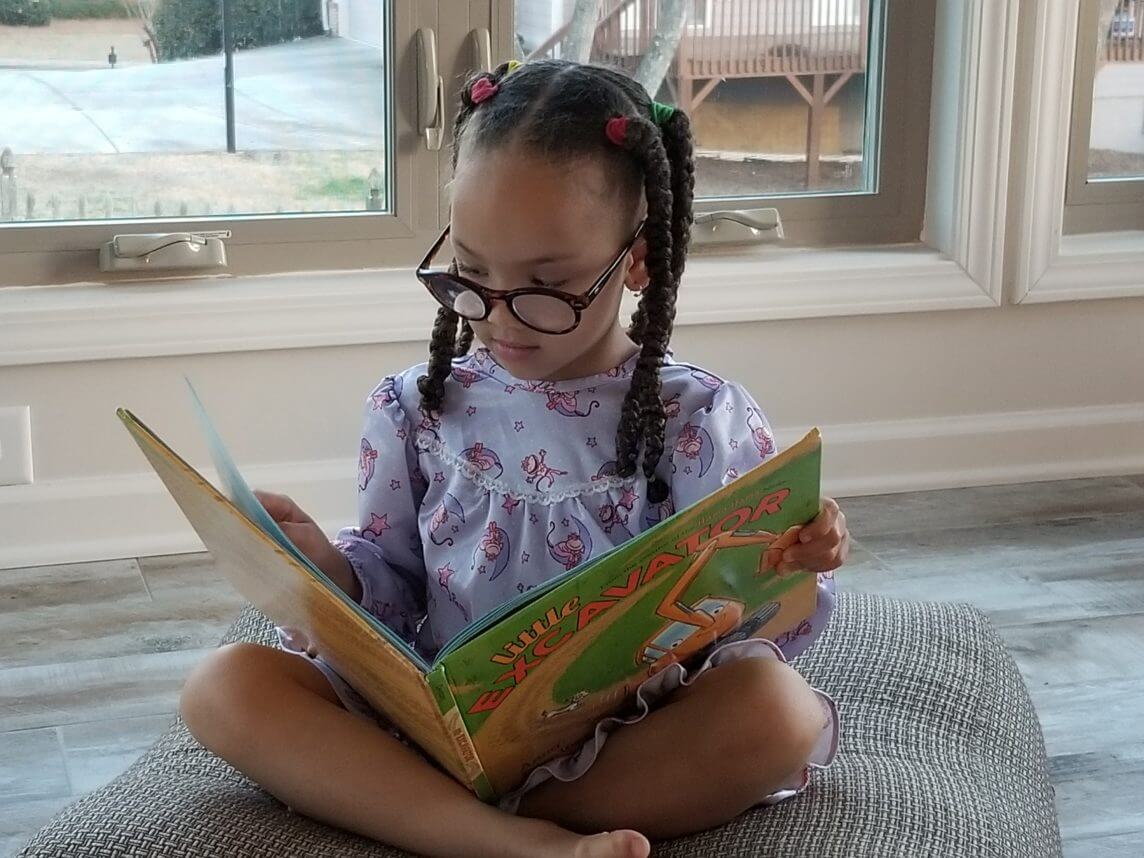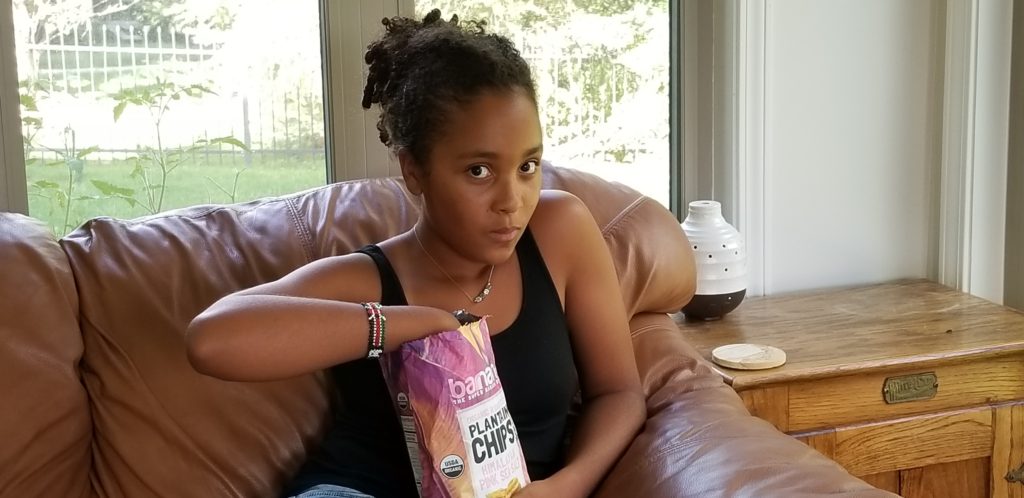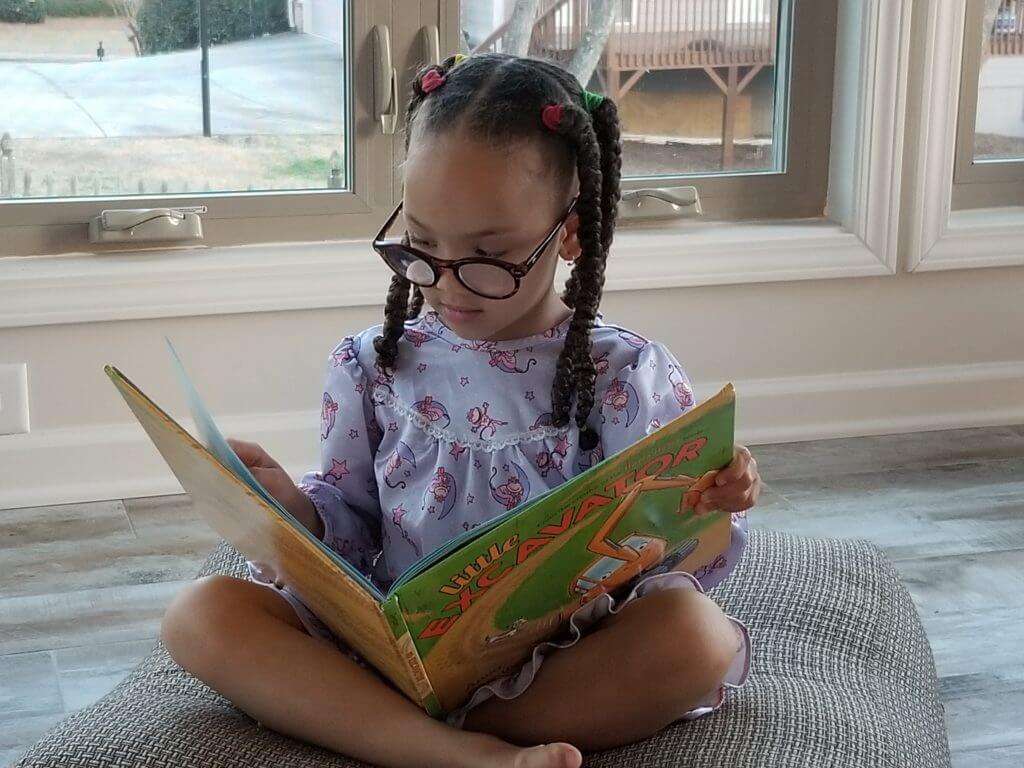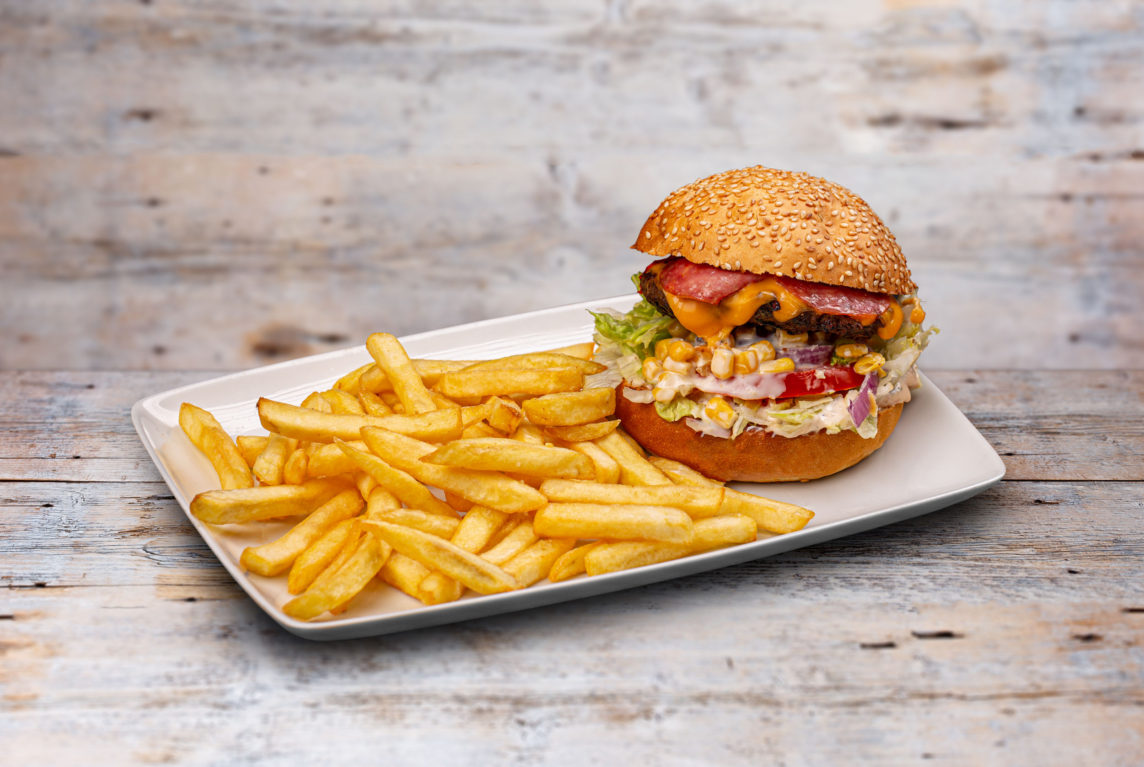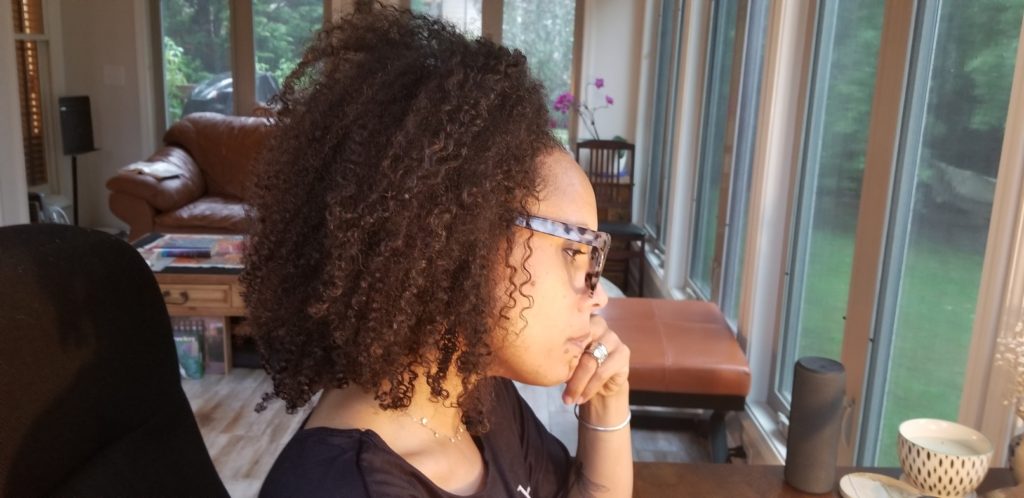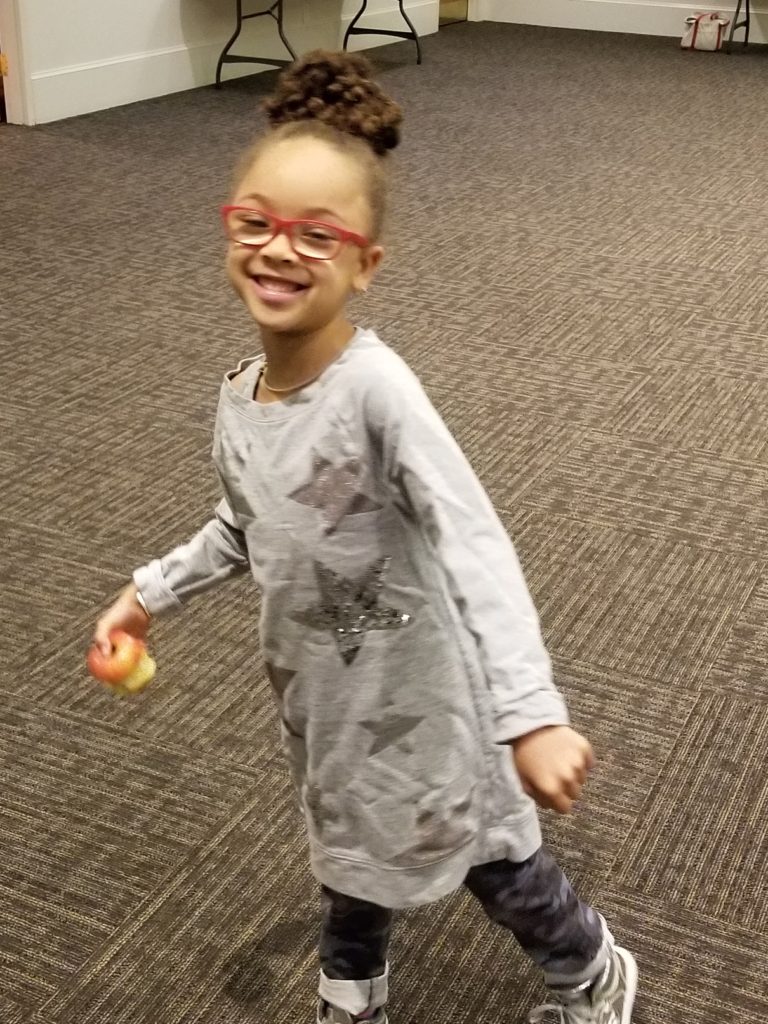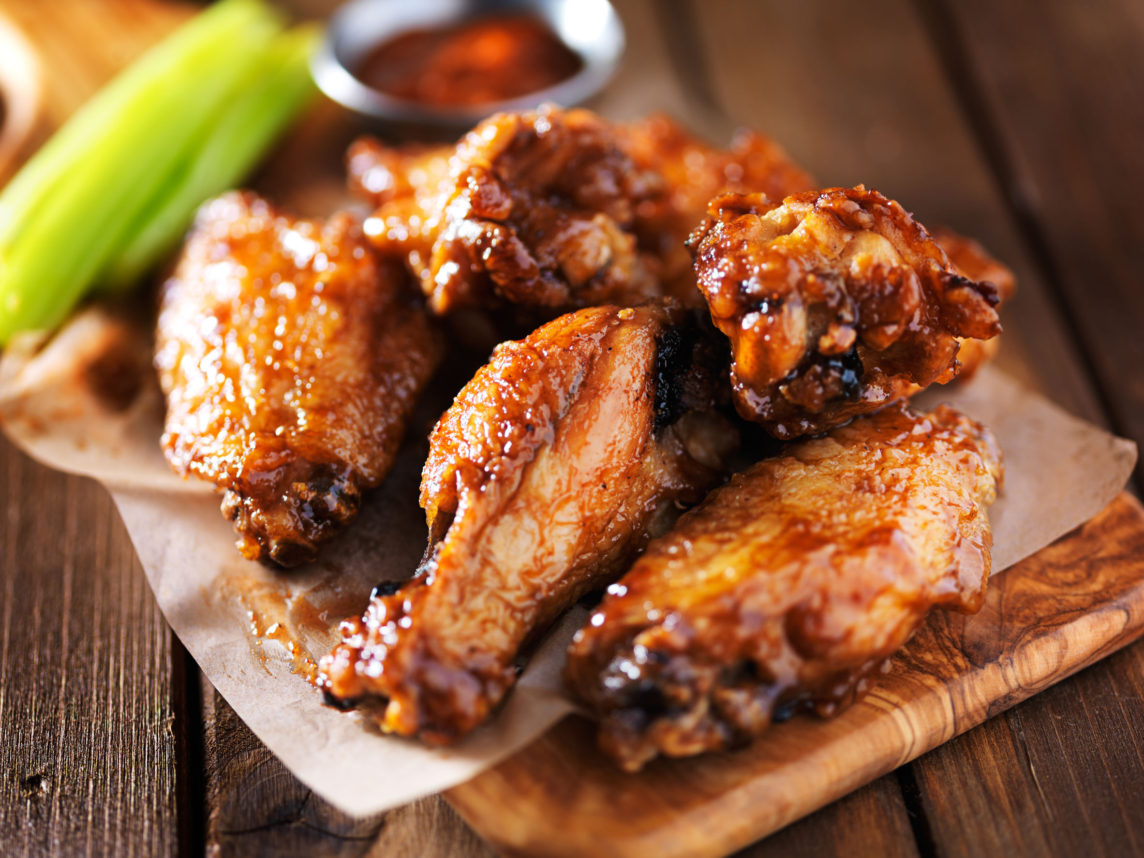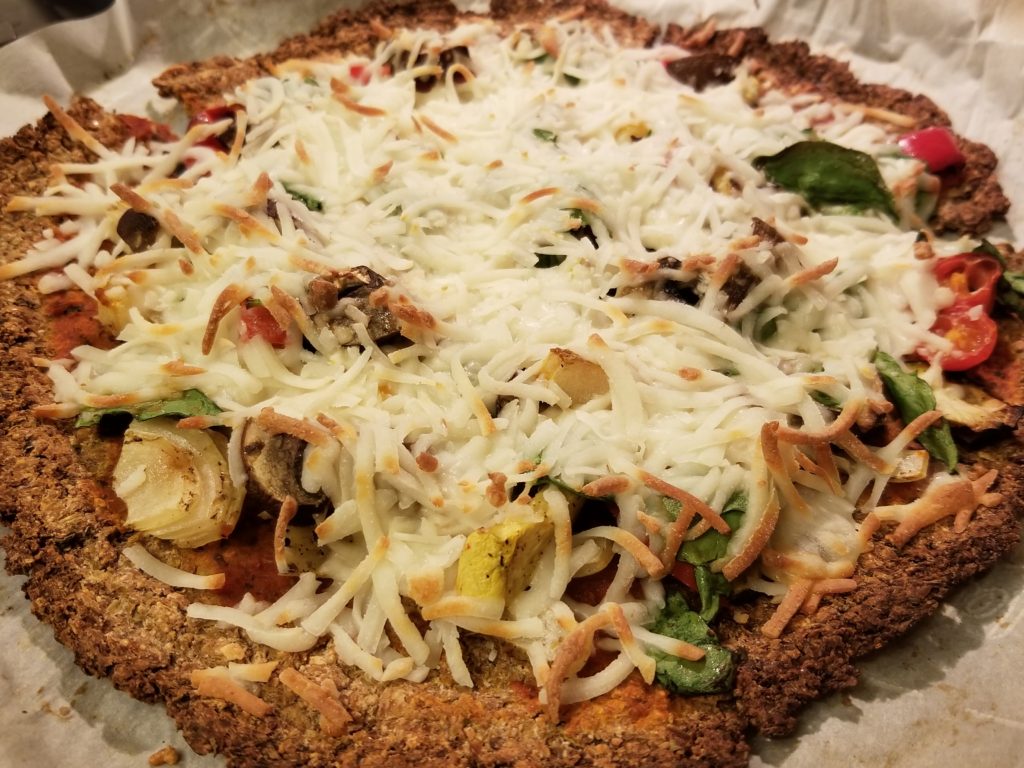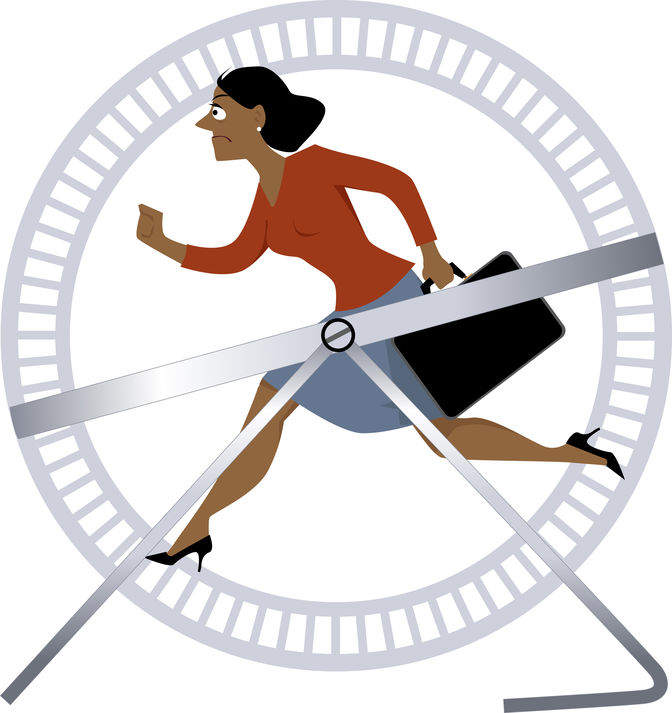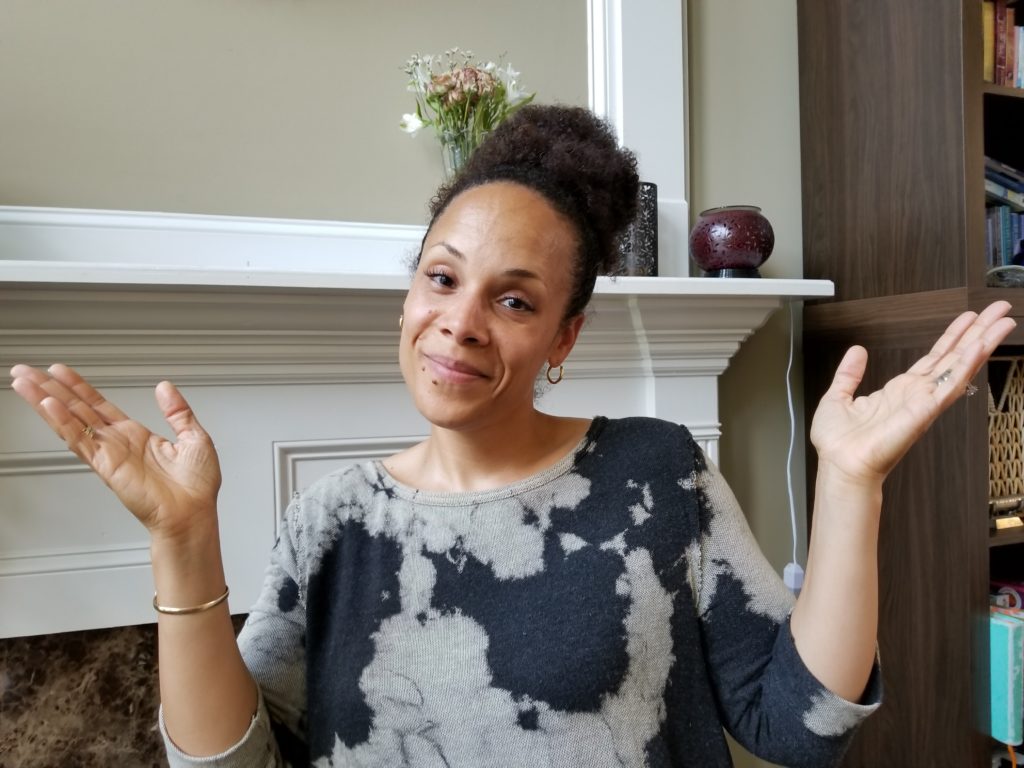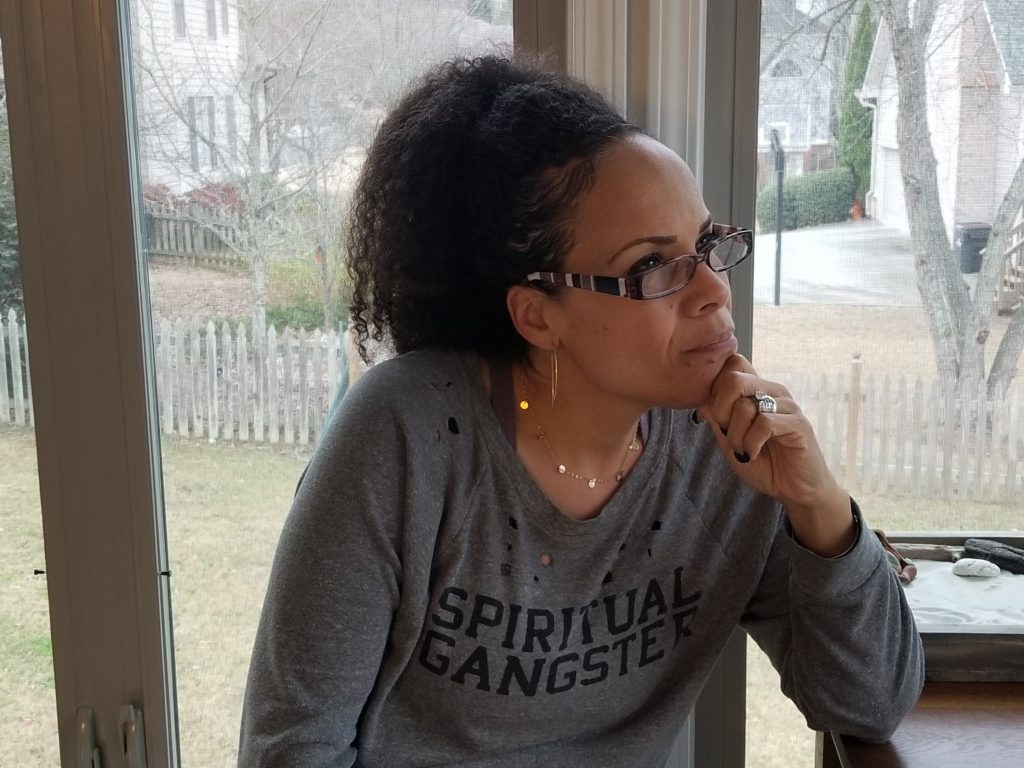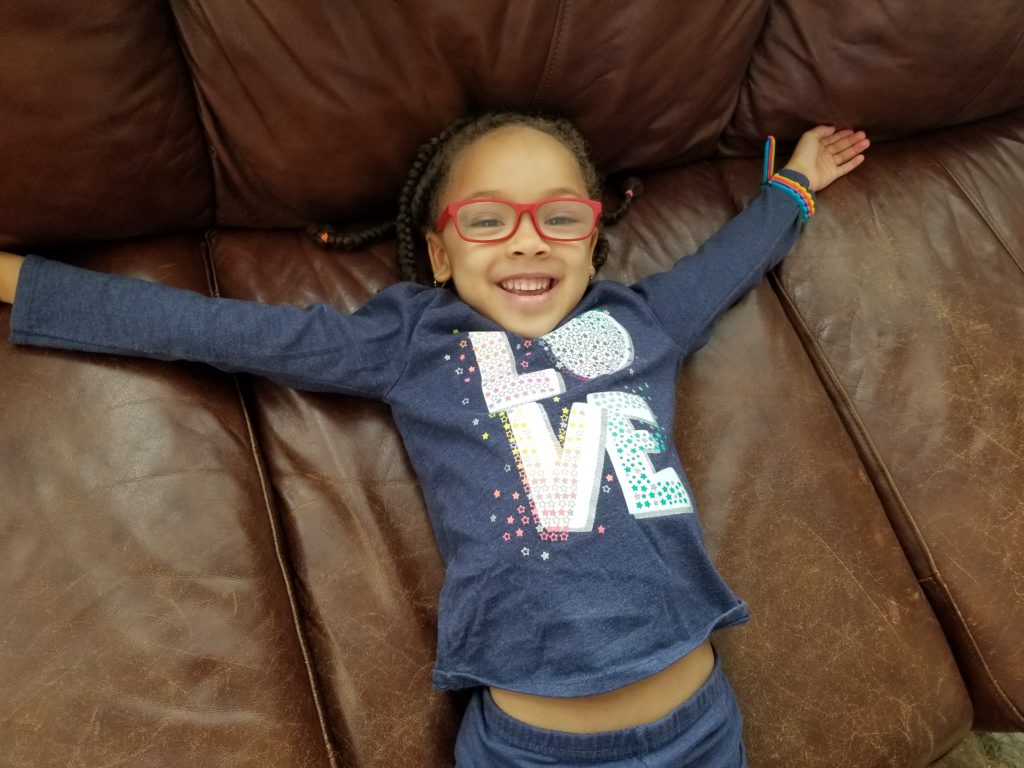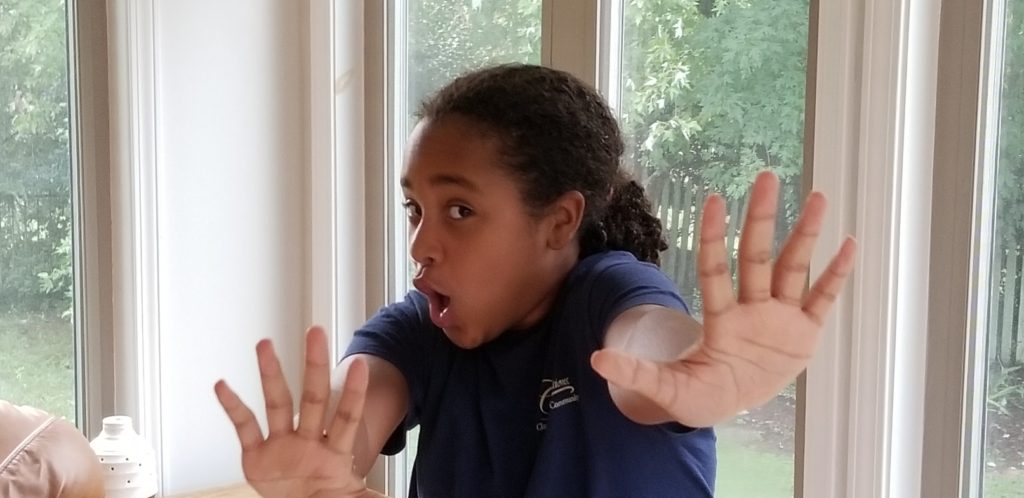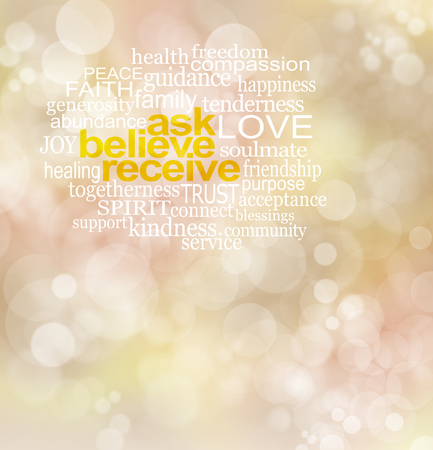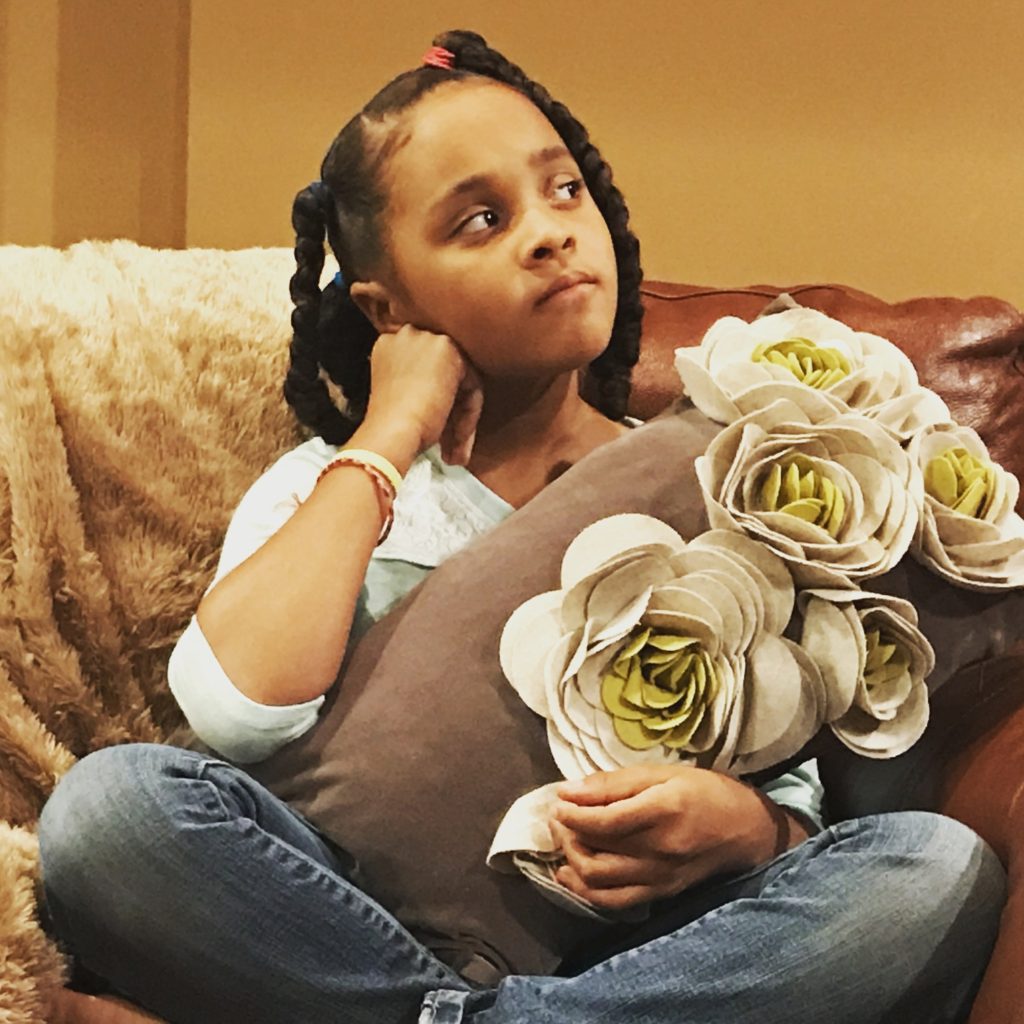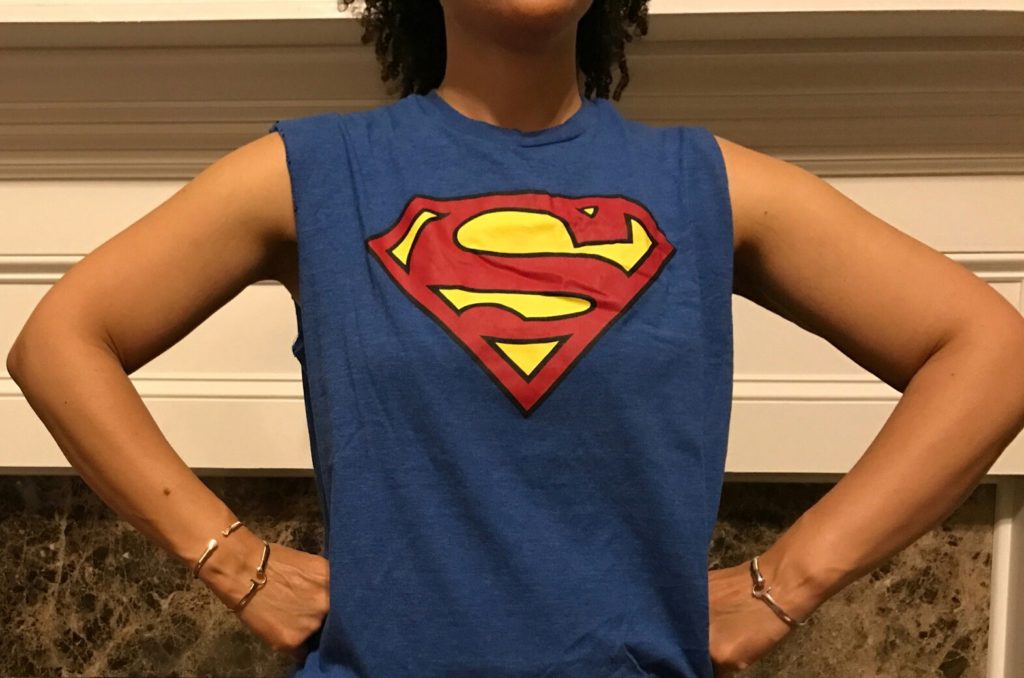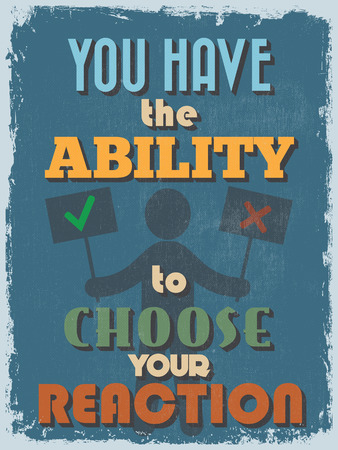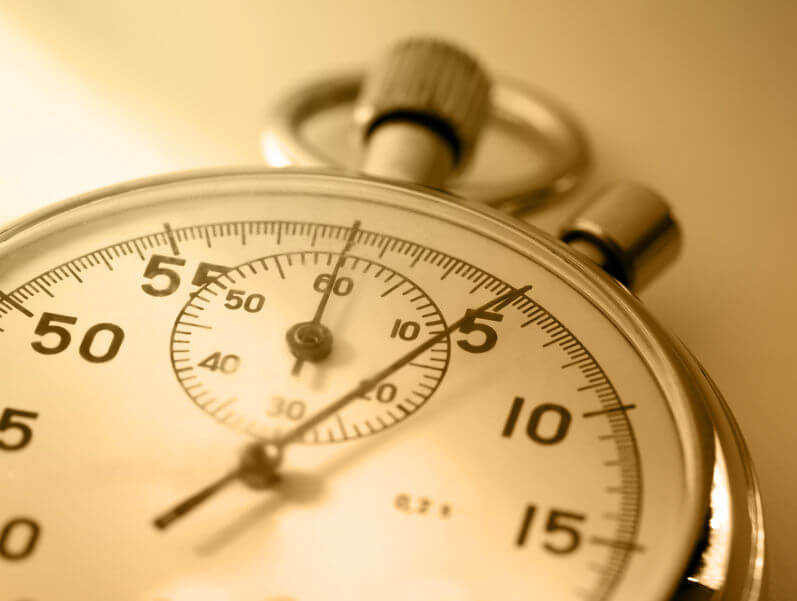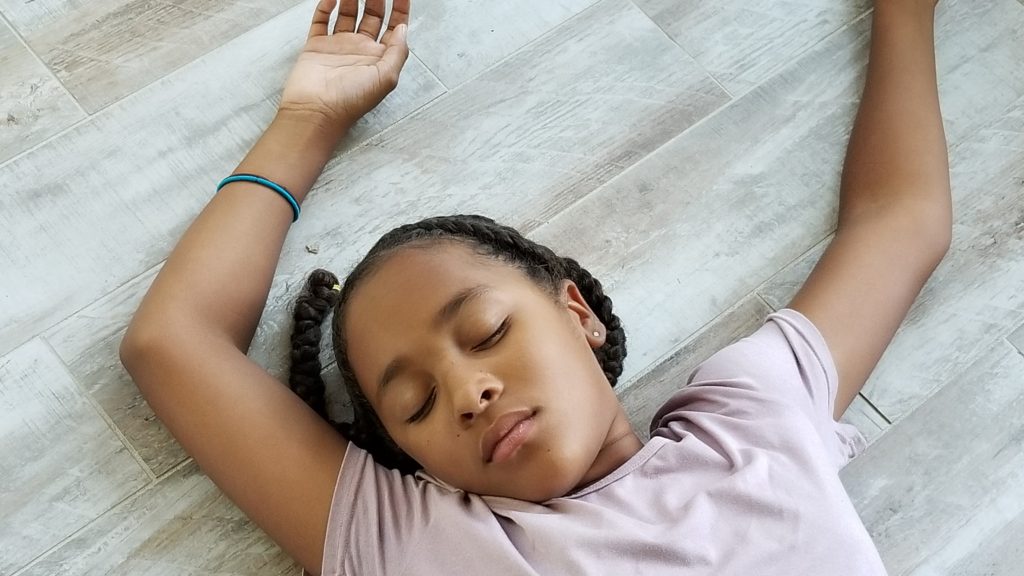Weight loss can be hard. We put in a lot of effort to eat the “right” foods and craft the perfect plan, but inevitably we make mistakes. And when we do, we think that if we just had more willpower, we could stay on the plan and get to our goal.
But willpower isn’t what we need. Let me show you how to use your brain to help you lose weight without any more willpower than you already have…
Most of us know the weight loss journey’s ups and downs. Feels like being trapped on an elevator – we want to get off on the ground floor, but we can’t seem to get off before the doors close and we go back up again!
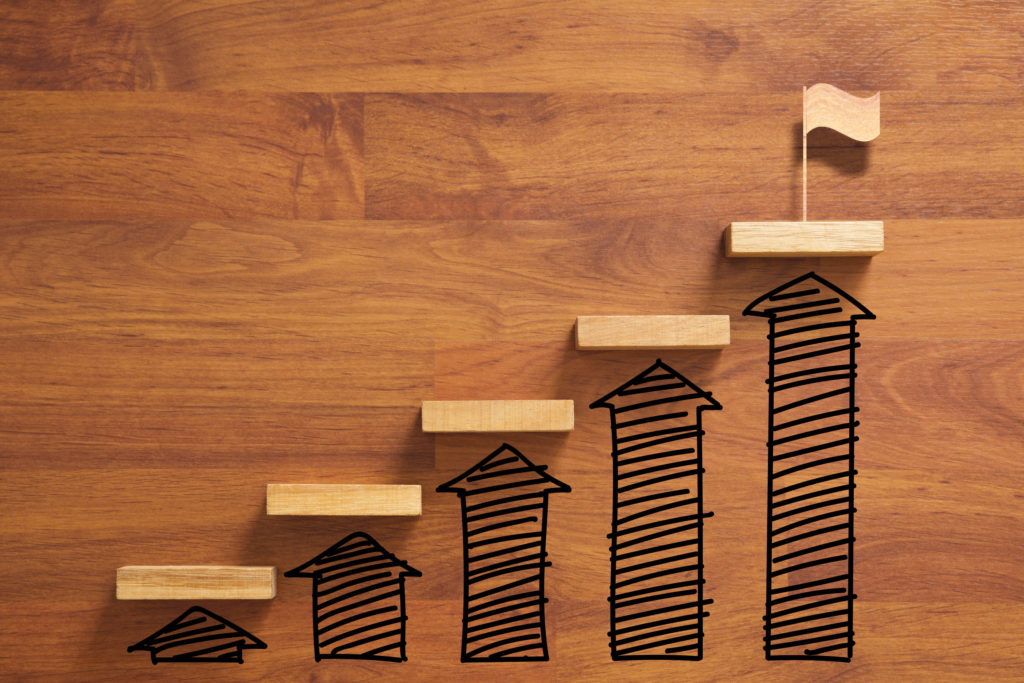
I battled during the years before I lost my weight. It was a constant slog of trying to find the “right” diet, struggling to not want to eat “junk” food”, watching the scale with dread, and hating myself when I actually got on it. There were the doughnuts I couldn’t say no to and the pizza I’d never leave in the box. I figured I was just weak around food and the key was to stay out of the breakroom or kitchen, to put all the food out of sight where it couldn’t trigger me to start eating.
Even when I avoided the food, it would still call me from the pantry or kitchen or breakroom. My mind was on the food, and it didn’t really matter that it wasn’t in front of me. I needed more willpower – I needed to be strong to resist the temptation of the food!
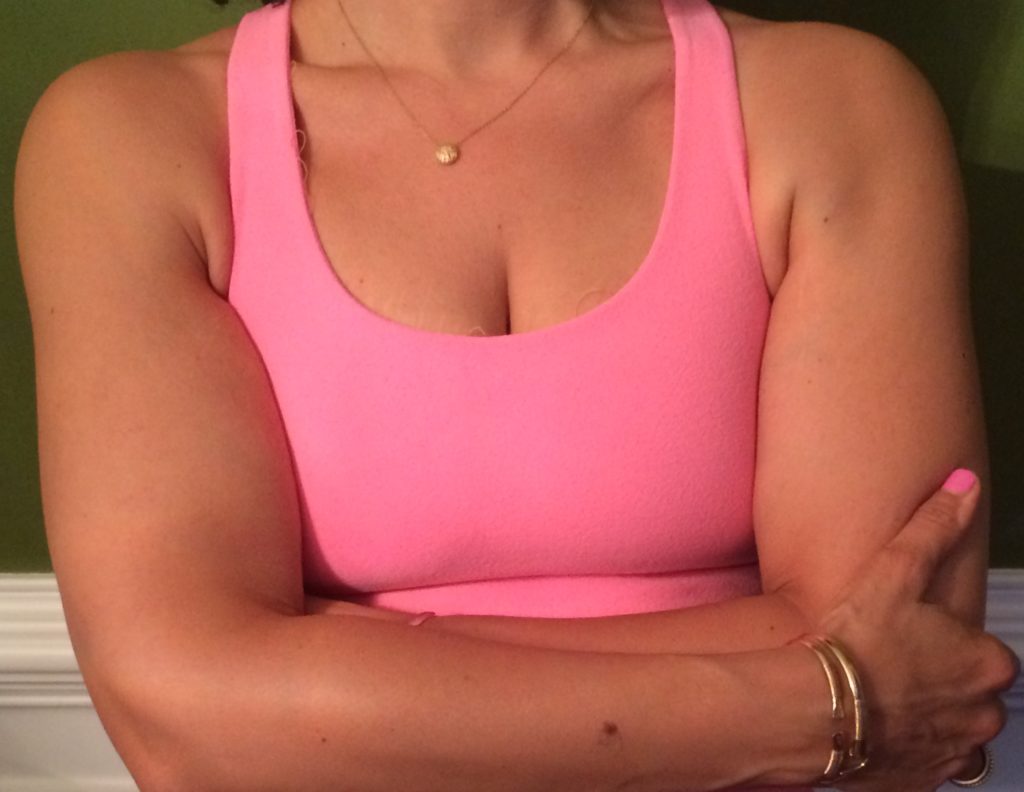
What I wish I had known back then was this: Willpower is like a muscle and it fatigues. Maybe I wouldn’t have felt so worthless every time I gave in to a cookie after trying so hard not to eat it. You can grow your willpower muscle, but even at its strongest, you can still wear it out. Every time you think even the simplest thought about food when you’re not hungry and use willpower to resist it, you chip away at your willpower reserves. Little innocent thoughts like, “That looks delicious!” will start to deplete your willpower. After dozens (or hundreds!) of thoughts like this, resisting the temptation just wears your willpower out completely.
So how do you resist temptation?
By eliminating it in your mind.
Here’s the key: Your mind makes every feeling you have. So if you feel tempted to eat something off your plan, or to eat when you’re not hungry, you are creating that feeling of temptation with your thinking. If you think “I want that cookie” twenty times, you feel tempted to eat the cookie. But if you realize that your brain is creating your desire with its thoughts, you can choose other thoughts. You can go ninja on your brain and catch the thought creating your feeling of temptation. Then you can remember that the thought “I want that cookie” is easy, your brain is offering you the practiced thought, and you can choose a different thought instead. Your true desire is to lose the weight, right? You really want to see the scale go down more than that cookie. Besides, that cookie is from a supermarket and won’t taste that good. It’s not like it’s homemade and even if it was, would it be worth feeling like trash after you eat it, knowing you could have left it on the plate instead?
You get to choose a different thought. You get to practice the new thought. You can generate whatever emotion you need to feel great about leaving the cookie behind and you don’t need willpower to do it.
You just need a new thought and practice.
You don’t have to resist a feeling of commitment to your plan. If you feel committed instead of tempted, willpower doesn’t come into play. Commitment comes from practicing a thought like “I choose to eat to fuel my body”, or “I only eat when I’m physically hungry”, or “I stick to my plan from a love for myself”. Whatever thought you choose that generated that feeling of commitment, that’s the one you practice when you see the cookie. If you don’t feel tempted, you won’t eat it.
No willpower needed!

Yep, it’s simple. But I know it’s not easy. But we get to choose our hard, and whether it’s doing the work to lose the weight or continuing to stay overweight, both are hard. Hard is ok – we can do hard things! But sometimes having help to get through the hard is really useful. If you want help, I’m here for you. Email me at drandreachristianparks@gmail.com and we can set up a mini-coaching session. I’ll get you started on your weight loss transformation and we can make plans to work together to go the rest of the way!
Here’s your video help for the week!


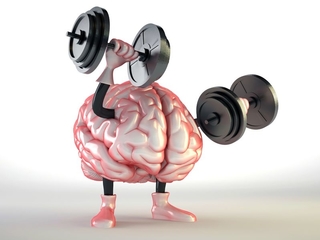

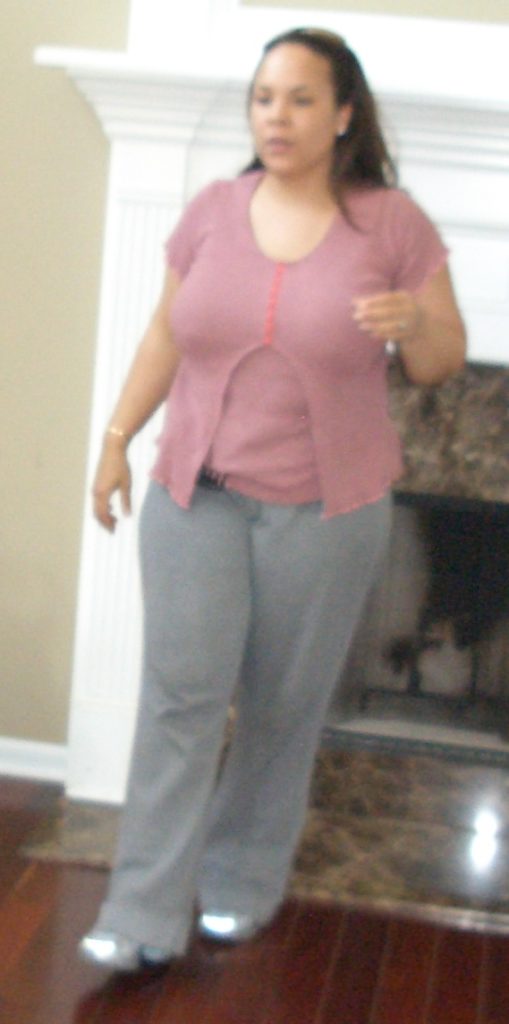 Me before I lost weight…
Me before I lost weight… Me after…
Me after…
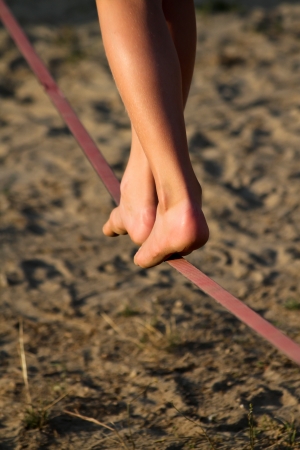

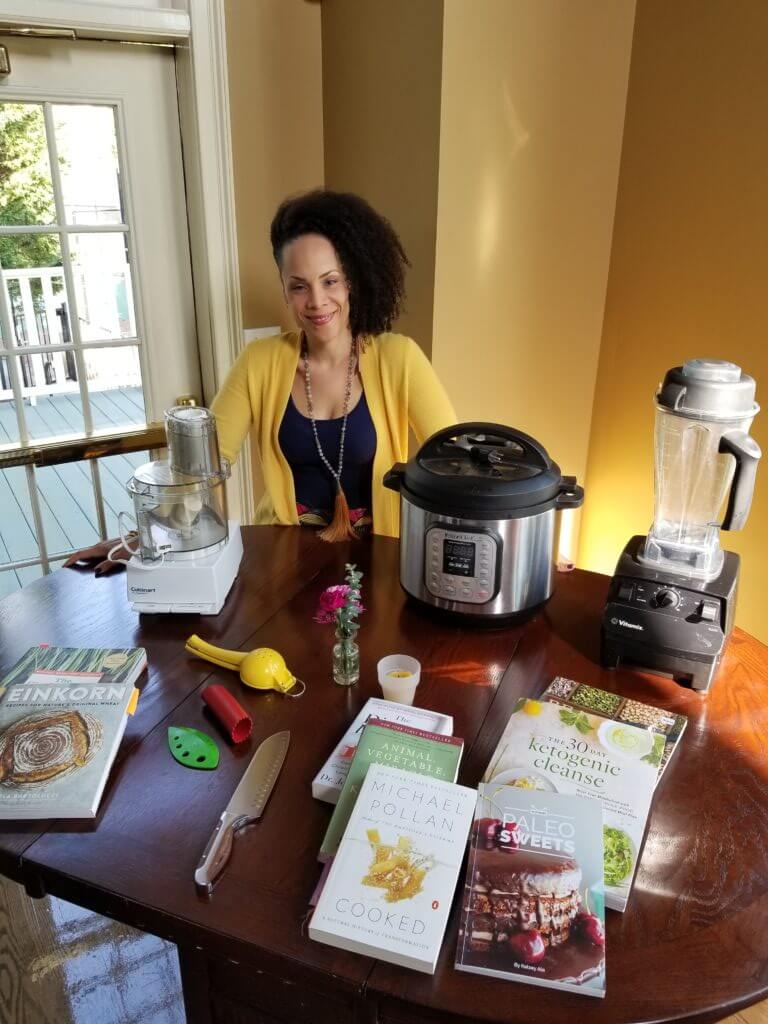 Presto! Doctor to coach…
Presto! Doctor to coach…